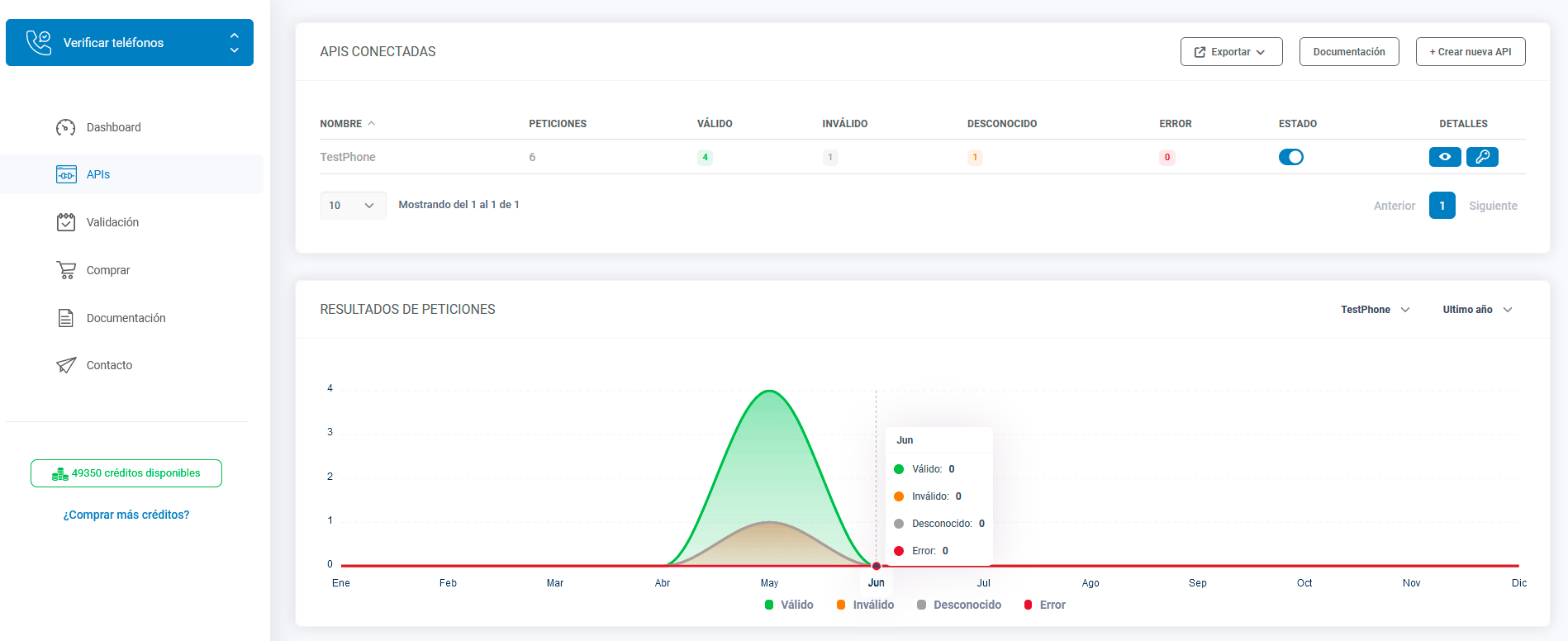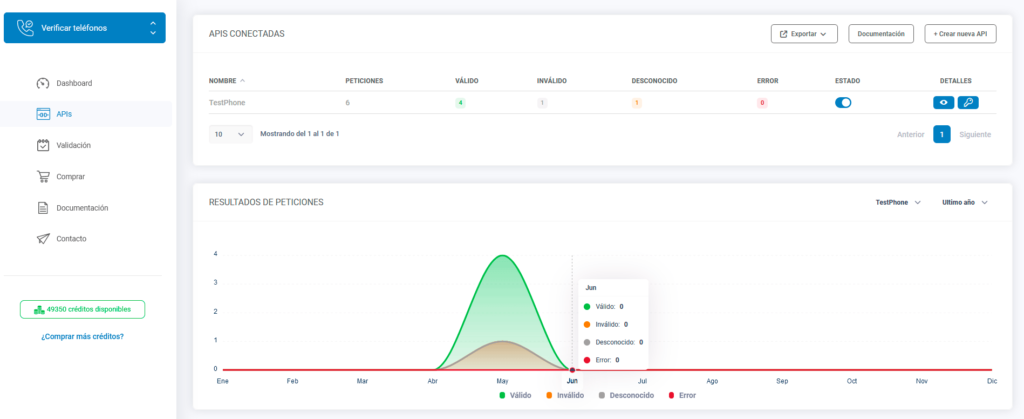Verification of email addresses is essential to ensure the proper functioning of email marketing campaigns. Through different processes, such as checking mail, verifying mailing lists, checking email and using an email checker, it is ensured that the email addresses used in the campaigns are valid and active.
The first step is to check the email, which involves checking the syntax of the email to ensure that it is correctly written and formatted. This helps to avoid mailing errors and ensure that mailings reach their intended recipients.
Subsequently, mailing list verification is performed, where each email address on the list is reviewed to determine if it is valid. This involves checking if the domain exists, if the e-mail address is active and if there is no error in the address.
The e-mail checker is a tool that automates this process by performing large-scale checks. This tool performs a series of tests, such as sending a test message or connecting directly to the recipient’s mail server, to determine the validity of the address.

The importance of these verifications lies in the fact that they allow maintaining an updated and quality e-mail database. By ensuring that emails are sent to valid and active addresses, you avoid problems such as bouncing emails, which affects the sender’s reputation and can harm the deliverability of future emails.
In addition, email address verification helps to improve the effectiveness of email marketing campaigns. By targeting messages to users who are actually interested and likely to receive them, you increase open rates and interaction with your emails, which in turn can lead to higher conversions and positive results for your company.
In summary, verifying email addresses through processes such as checking email, verifying mailing lists and using an email checker is essential to ensure the smooth running of email marketing campaigns. It helps maintain an up-to-date database, avoids delivery problems and improves the effectiveness of email marketing strategies.
Email addresses that can be verified include those that are used in different contexts, such as:
1. Individual e-mail addresses: These are e-mail addresses
of individual users, which can be verified through the following processes
how to check mail. The syntax is checked and it is confirmed whether the address
is correctly written and formatted.
2. Mail ing Lists: When checking mailing lists, the following will be displayed
multiple e-mail addresses can be verified at the same time. This
involves reviewing each address in the list to determine its validity and
activation. It is checked if the mails exist, if they are active and if there are no
errors in the addresses.
3. Business e-mail addresses: Many companies use personalized e-mail addresses for their employees, such as [email protected].
These addresses can also be verified to ensure that they are
valid and active.
4. E-mail addresses in databases or CRM: In the databases of
or customer relationship management (CRM) systems, can be used to manage customer relationships.
find e-mail addresses that require verification. This is
especially important in the field of email marketing, where the aim is to
ensure that emails are sent to valid and active addresses.
In summary, the e-mail addresses that can be verified range from individual addresses to e-mail lists, to business addresses and those in databases or CRM systems. Verification of these addresses is essential to guarantee their validity and activation, and to ensure the proper functioning of e-mail communications.
The e-mail address verification system is not 100% reliable due to several factors:
1. Technical Limitations: Although email address verification systems
electronic systems use a variety of methods to determine the validity of an
technical limitations exist that make it difficult to accurately verify
in all cases. For example, some mail servers may block
requests for verification, which prevents a definitive answer from being obtained.
on the validity of an address.
2. Email address changes: Email addresses may change or become inactive over time. An address that has been verified as valid at a given point in time may become invalid in the future.
future due to domain changes, account closures or changes in the mail server configuration. Therefore, the verification of an address at a given time does not guarantee its permanent validity.
3. Human error: Users may make mistakes when providing their e-mail address, which can lead to incorrect verifications. By
for example, they might write an address with typographical errors or provide
an address that is not active. These errors can hinder accuracy
of the verification.
4. Evasion practices: Some malicious users may use techniques to avoid verification or provide false addresses. This may include the
use of temporary or disposable addresses, which may initially appear to be
valid, but become inactive after a short period of time.
5. Changes in privacy policies: Some email providers
may change their privacy policies or security settings, which may affect their privacy practices.
which may affect the ability to verify e-mail addresses.
In general, while email address verification is a valuable tool for ensuring the validity of addresses used in email marketing campaigns, it is important to keep in mind that it does not offer an absolute guarantee of accuracy due to the technical limitations and other factors mentioned above. It is advisable to combine address verification with other email hygiene practices, such as maintaining up-to-date databases and respecting subscriber preferences, to achieve greater campaign effectiveness. With the experience we have accumulated over the years, the accuracy of the systems for checking mail is around 98%.
If you want to evaluate the degree of accuracy of our services, we recommend that you sign up for the demo to start validating emails. You have 100 free credits to test the service.
Remember that we have other services such as the service to verify a telephone number or the validation of names, surnames or gender detection.



